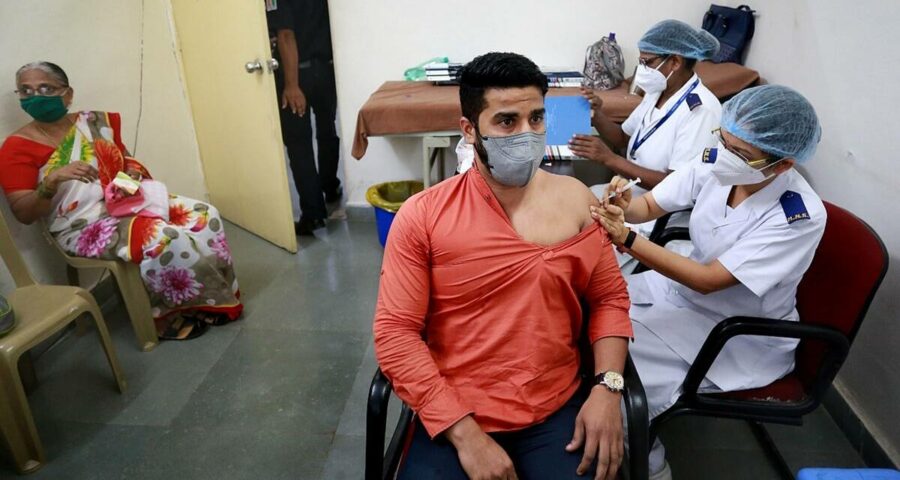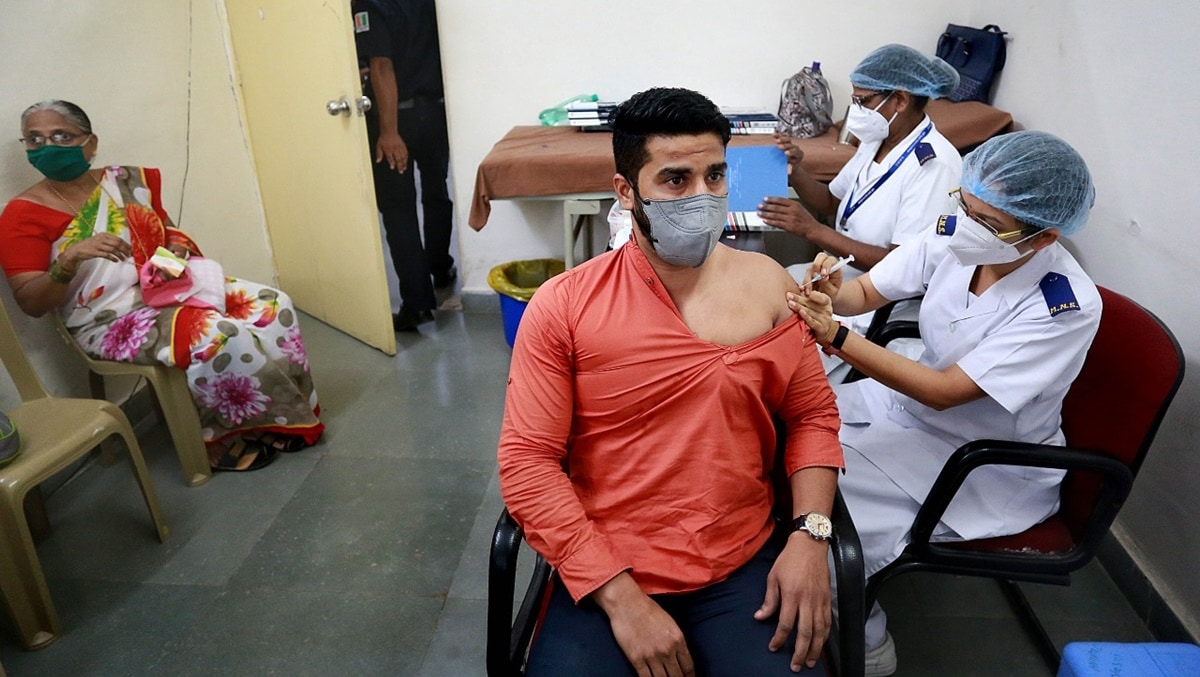Among the 44 crore doses for which orders have been placed, there are 25 crore doses of Covishield and 19 crore doses of Covaxin.
A day after Prime Minister Narendra Modi reversed his government’s Covid-19 vaccination policy, the Union Health Ministry Tuesday said it has placed orders for 44 crore doses of Covishield and Covaxin which will be delivered by their manufacturers between August and December 2021.
Divulging details, NITI Aayog member (Health) V K Paul said that the Centre has placed an order with Serum Institute of India for 25 crore doses of Covishield and with Bharat Biotech for 19 crore doses of Covaxin. He added that 30 per cent of the advance for the procurement of these vaccines has been released to both firms.
These are in addition to the vaccine orders already placed with both the manufacturers. These orders are also in addition to the advance payment of Rs 1,500 crore the Centre made to Hyderabad-based manufacturer Biological E to reserve 30 crore doses of Corbevax, its under-development vaccine. This was the first time that the Centre placed an order with a vaccine manufacturer before the product has been granted emergency use authorisation by the regulator.
The vaccine doses for which arrangements have been “finalised”, will be “manufactured and stockpiled by Biological E from August-December 2021,” the Union Health Ministry said in a statement.
In his address to the nation on Monday, the Prime Minister said the Centre will buy 75 per cent of doses from vaccine makers, including 25 per cent of the state quota, and give it for free to state governments. No state government, he said, will have to spend on vaccine procurement.
He said private sector hospitals can continue to procure 25 per cent of vaccines, but the service charge will be capped at Rs 150 per dose over the fixed price of the vaccine.
On May 1, the Centre expanded vaccine coverage to the 18-44 age group, opened the market, introduced differential pricing and public-private split in supplies. Under this policy, states were given the responsibility of procurement of vaccines to vaccinate people in the 18-44 age group. However, after global tenders floated by states to purchase vaccines proved to be unsuccessful, there was a growing demand for a centralised procurement policy.
(With inputs from PTI)
Source: Read Full Article


